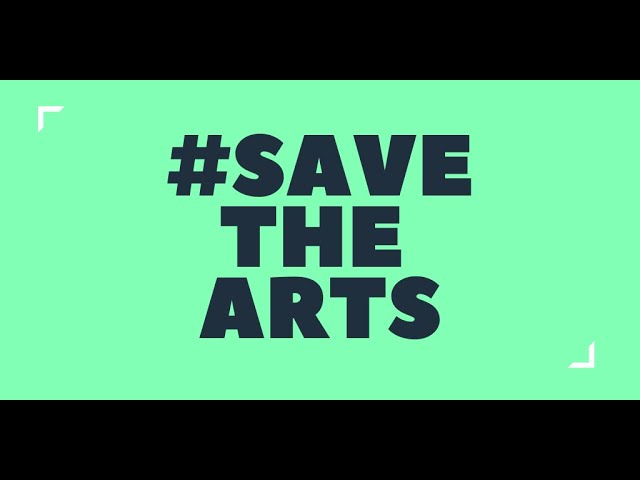With the Coronavirus outbreak which started in March 2020, I don’t think anyone could have predicted the impact it would have on so many different aspects of everyday life. The initial thought when the national lockdown was announced was that it would be a three-week stint and would be over within them three weeks. Looking back now with the ability of hindsight it was a bit naïve to expect it to be eradicated in such a small space of time but at the time the public knew very little of the facts and figures surrounding it.



The initial UK lockdown dictated that only industries which could be seen as being ‘essential’ would be allowed to continue to open so that subsequently meant that the vast majority of businesses within Northern Ireland would have to close. From the start the government would use furlough to be able to pay for employees’ wages and would also supply the owners with financial help in order to get through the initial three weeks.
The furlough scheme and government funding worked relatively well for the first couple of months but there’s only so much which it can provide to support a family and pay bills. The constant extending of lockdown restrictions started to become increasingly frustrating for both business owners and employees. One thing I don’t think the government officials took into consideration is that these business owners and employees are only human and will still have bills to pay on a reduced wage with the bills staying the exact same price.
At the start of the lockdown in early April it was recorded in Northern Ireland that one in three businesses were temporarily closed with the worst hit sectors being the Arts, Entertainment and Recreation. Even after there was some easing of restrictions in June there was still 60% of Arts, Entertainment and Recreation industries still remained closed.
When eventually the restrictions were lifted somewhat in early, July there was many new implications introduced in order to include good social distancing and reduce numbers within the premises. The hospitality sector took a major hit even after the easing of restrictions. The main aspect being the continuation of closed ‘wet bars’ in Northern Ireland. This resulted in a massive reshape of many wet bars having to incorporate meals into their premises. This would result in these businesses spending more money on preparing kitchens in order to open to the public. As well as this the introduction of the 11pm curfew would also result in reduced hours of service. This introduction would go against the wishes of the vast majority of owners and effect the income once again.
One positive introduction which was brought in to support the hospitality sector was the ‘Eat out to help out’ scheme which was introduced in August. It was introduced in order to encourage people to eat out a restaurant for a discounted price while also supporting businesses. The scheme turned out to be a large success and potentially saved numerous businesses from closure and had a number of businesses continuing the scheme into September.
Another large sector which has been affected badly is the Arts and Culture sector. Since March almost all of the arts sector has been closed indefinitely and majority of shows for 2020 have been cancelled. Within the UK there have been 400,000 job losses and £74bn of lost earnings across the arts sector. There is no signs of shows of any kind returning any time soon until a plausible and safe precautions are discussed and so that there is no negative financial returns. There have been many campaigns across social media one called #SAVETHEARTS which was introduced to bring attention to the despicable treatment of the entire arts and culture sector by the UK government. In response to this the government released a PR scheme which purpose was to try and get people within sectors which were not doing well e.g. the arts and culture to retrain in a different area. Safe to say this PR scheme didn’t go down well and only reiterated the lack of respect and support they have for the arts.
With the continuous extending of restrictions here in Northern Ireland it is very difficult to try and gage how they will continue to stay afloat for the continuation of the restrictions. The Northern Ireland executive have completely disrespected and forgot about the different sectors within Northern Ireland. By announcing more restrictions, the day before they are meant to open is not only disrespectful but foolish on the executive’s decision making and only turns the public against them which has already happened.
Rhys Neill is a final year BSc in Communication Management & Public Relations student at Ulster University.
